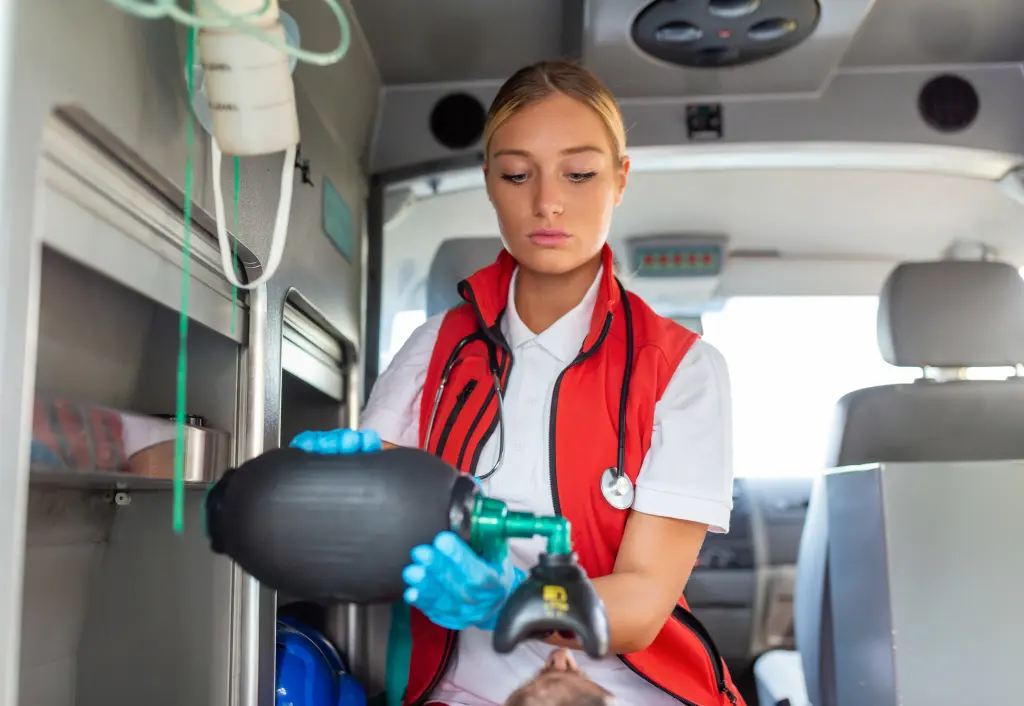Do You Have To Pay The Doctor For In-flight Medical Emergencies?

|
When you are flying more than 40,000ft in the sky, anything can go wrong. The flight attendants have basic training to administer first aid or deliver a baby. Case in point, is when Turkish Airlines crew help a mother deliver her premature baby successfully. However, the airline staff and crew are not trained to evaluate and pinpoint a passenger’s condition. That is when they request if there is a doctor on board to approach the staff. The question remains: do you have to pay the doctor for the services or does the airline pay for it? Good Samaritan LawIn an emergency, this law protects doctors. Medicinenet defines it as, ‘A law designed to protect a Good Samaritan from legal liability. Such laws usually specify that whoever in good faith provides emergency (and sometimes non-emergency) medical services shall not be civilly liable unless their acts constitute wanton misconduct.’ Alan Pinshaw, Obstetrician Gynecologist and Medical-legal Consultant at Harvard Medical School explains on Quora, the benefits and limitations of the law. “The “Good Samaritan Law” offers legal protection to people who give reasonable assistance to those who are, or they believe to be injured or ill or in peril. The principles contained in these laws generally operate in countries in which the foundation of the legal system is English Common Law. Whatever the circumstances might be fear of litigation would seem to me to be an anemic excuse for withholding medical assistance from someone in need.” So, any doctor on board can volunteer to save lives or assist in the patient’s care. This brings us back to the question on payment. Money Or KindIn cases of emergencies, the airline nor passenger pays the doctor or specialist. Gregory Walter, an American Physician recounts his experience. He had to assess the patient and determine the course of the flight. It all went well. He said, “The patient thanked me and I went on my way. I had not done much but I felt that I had done something good, something thankless and that made my day. The thought of compensation never entered my mind.” As a token of appreciation, he was present with a gift. “As I left one of the flight attendants gifted me a bottle of wine. That was a nice gesture. I had that bottle for about a year. Every time I saw it, I smiled and it reminded me of something nice.” Legal ExemptionsAnother physician, Dr. Ray Schilling explains in detail the legalities involved. “There is a legal advantage of not getting paid: if we had been wrong and the patient had died of a heart attack, we could have been sued for malpractice as we practiced medicine (we had been paid for the service). When the health professional does not get paid for the service, he/she cannot be sued because of some legal rules that have been established long time ago (the Good Samaritan clause).” GratitudeA good deed in the doctor’s book, but a biggest reward is saying ‘Thank You’. A gesture of gratitude is what the Good Samaritan needs and encourages them to help people. Even if the situation turns for worse, passengers need to realize they are working on limited resources. We thank you doctors for your service. Liked the article? We would love to know your comments/feedback. Drop in a message, in the comments box below or feel free to get in touch with us at MUAirportAssist@MUrgency.com. *Source Content: Quora |